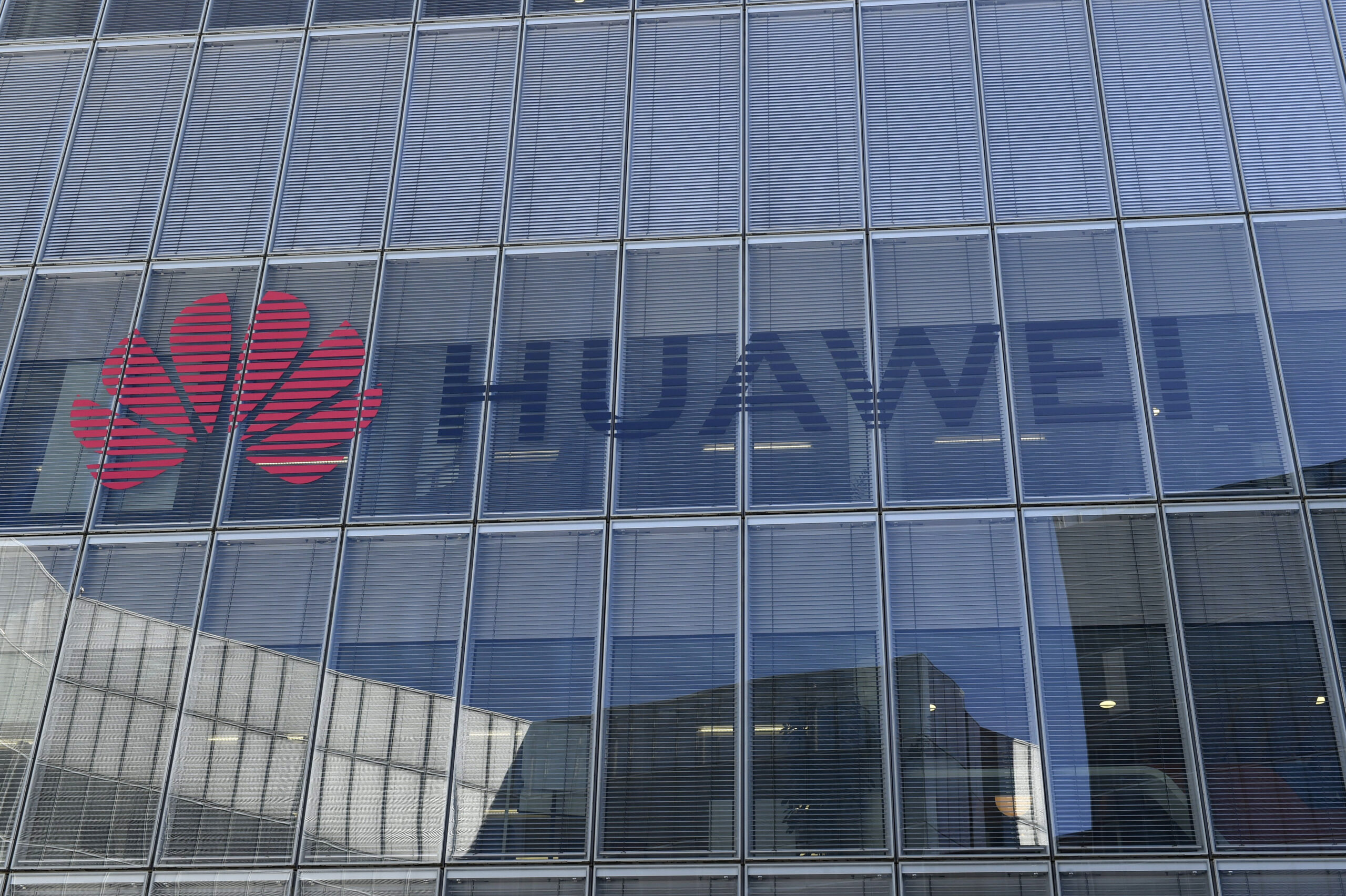On Monday, the White House announced an expansion to the restrictions it has been imposing on Chinese tech company Huawei. This is the latest installment in a long-running saga featuring the US’ security concerns (and global market interests) against China’s rebuttal of such concerns (and global market interests).
The US has long been accusing China of espionage and it has been urging allies to stop installing Chinese-built equipment in their networks (with varying degrees of success). Beijing firmly rejects these accusations and keeps lobbying countries to keep doors open to their tech despite heavy US sanctions.
Playing to its strengths, Washington is taking aim at key sectors of Chinese tech firms (including semiconductors) to impair its competitiveness in the US and worldwide. The new restrictions further prohibit the employment of American hardware and software to build Huawei-designed components – all around the world.
That night, US President Donald Trump appeared on Fox and Friends and repeated his claim that China was “spying” on the US. He also declared that the US would cease intelligence sharing with all allied countries who rely on Huawei tech.
This ultimatum caught Italy’s attention, as it followed an interview to Keith Krach, US undersecretary of State, on Italian daily La Stampa, which ran under the headline “China is already spying on you with TikTok. Now Italy shouldn’t give its 5G network to Huawei.”
Mr Krach urged Italians to join the “5G Clean Network Security” initiative launched by US Secretary of State Mike Pompeo, who recently toured Europe to promote it among US allies. Essentially, it entails preventing “untrusted telecommunication vendors” (i.e. Chinese firms) from building parts of European next-gen networks.
So, Italy is feeling the heat of the American pressure, despite having already taken steps to weed Huawei out of its nascent 5G network. Formiche.net reached out to three members of COPASIR, the Italian parliamentary security commission which oversees this matter.
Raffaele Volpi, COPASIR’s president and member of the League, reminded that the committee had published a report back in December warning Italians of the security threat posed by the control that the Chinese State can exert over private companies.
“Nobody has understood what our government intends to do with regards to this matter, which also entails relationships within the [whole] NATO alliance, not just the US,” he then said, adding that Italy is “one of the strongest and most reliable allies to the US” at the moment and that it must choose where to stand.
“The theme of digital sovereignty is central for two reasons: the protection of our economy and the safeguarding of individual freedom,” quipped the Democrat Enrico Borghi while explaining how the choice to include Huawei is purely political.
Mr Borghi mentioned China’s unfair competition practices worldwide and controversial human rights track record to support his thesis: “There should be no doubt about who our global partners are: the United States and European Union.” Which is why Italy should rethink its economic dialogue with China, he argued.
Finally, independent MP Antonio Zennaro (previously from the Five Star Movement) explained that the only realistic option is that of preparing a legal framework excluding extra-NATO 5G partners – “a choice of sides that Italy will be forced to make sooner or later.” Ideally, he said, a European 5G infrastructure would be better, but that is simply not possible in the short-to-medium term.
Mr Zennaro hinted that a part of the incoming European recovery fund could be used to finance the strengthening of Italy’s digital infrastructure (worth €600-700 billion) and that an eventual US help in this context would be “very important; we must also reason on a NATO-wide perimeter in matters of 5G and cybersecurity.”








